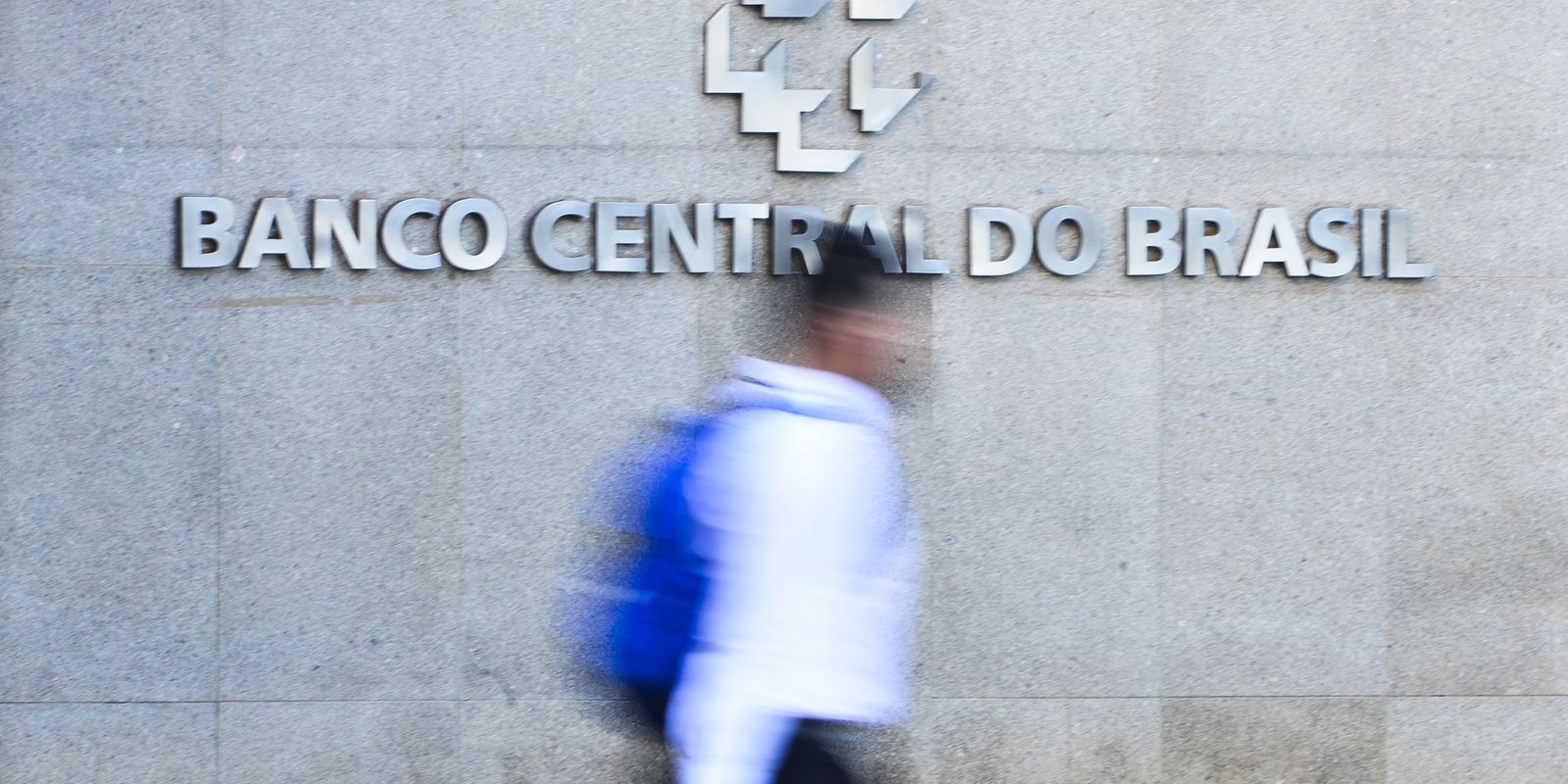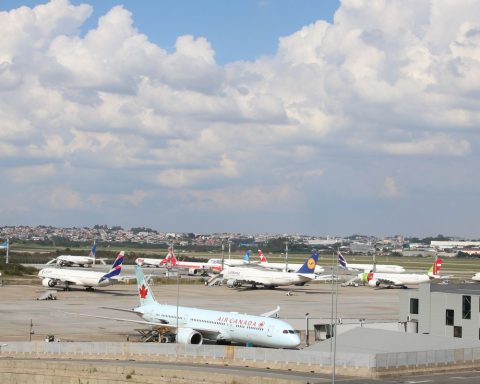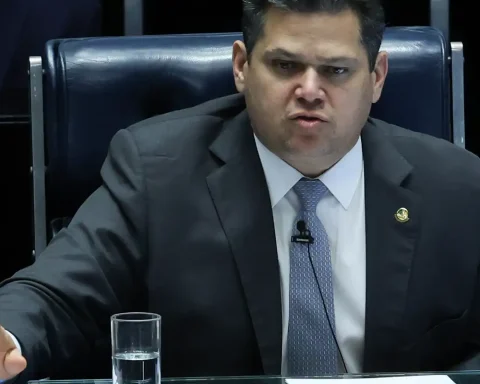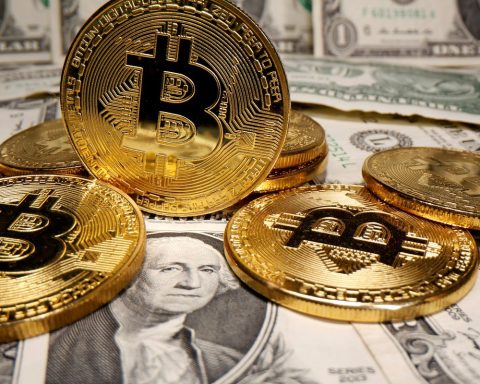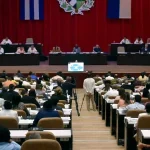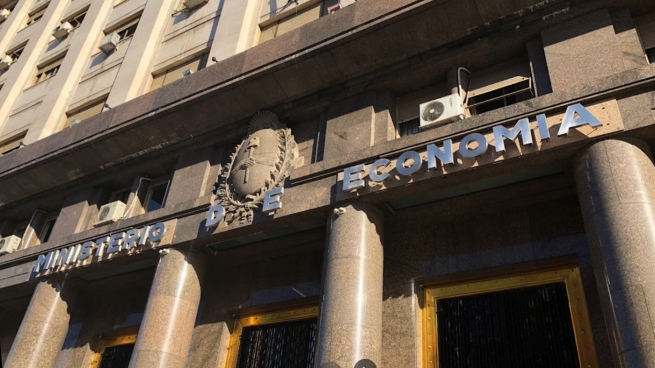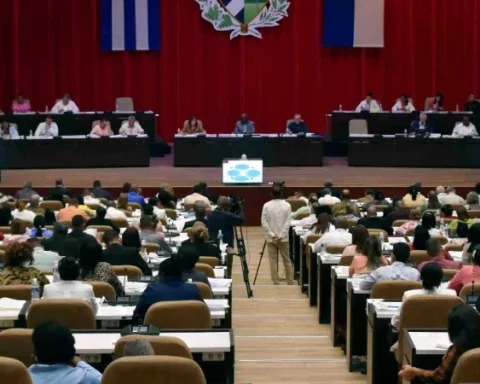Uncertainty about the future of the country’s fiscal policy and fiscal stimulus to boost the economy, such as government aid to the population and productive sectors, may raise expectations of inflation in the country. The assessment is contained in the minutes of the last meeting of the Monetary Policy Committee (Copom) of the Central Bank (BC), released today (9).
“The committee assesses that temporary income support policies should stimulate aggregate demand and that the extension of such policies could raise country risk premiums and inflation expectations as they put pressure on aggregate demand and worsen the fiscal trajectory. The committee reiterates that there are several channels through which fiscal policy can affect inflation, including its effect on activity, asset prices and inflation expectations,” the minutes read.
At last week’s meeting, the Copom raised the economy’s basic interest rate, Selicfrom 13.25% to 13.75% per year and has already signaled that it should make an adjustment of another 0.25 point at the next meeting, in September, maintaining the cycle of interest rate hikes and monetary tightening to control inflation .
“It was concluded that a new adjustment of 0.50 percentage point was appropriate in the face of an environment of high uncertainty, despite the already significantly contractionary stage of monetary policy, which, considering its lags, should impact the economy more strongly from the second half of the year. semester of this year”, says the minutes.
The collegiate also considered the greater persistence of global inflationary pressures, such as the impacts of the war in Ukraine, the Chinese policy to combat covid-19 and the policies that restrict the trade of agricultural products in producing countries. commodities. On the other hand, according to the BC, a more accentuated deceleration of economic activity than projected is a downside risk for the inflationary scenario, with the energy scenario in Europe, a possible recession in the United States and the prospects for more gradual growth. in China.
In the domestic sphere, the Copom assesses that there is still idleness in the economy, but the data referring to the labor market, especially the volume of hirings and the unemployment rate, came as a surprise. “The set of economic activity indicators released since the last Copom meeting continues to indicate growth throughout the second quarter, with a stronger recovery in the labor market than was expected by the committee. Both the indicators referring to the hiring of formal employment and the occupancy and unemployment rates suggest a rapid normalization of labor-intensive sectors after the pandemic”, says the minutes.
To decide on raising the Selic, the committee established a baseline scenario for inflation, with projections around 6.8% for 2022, 4.6% for 2023 and 2.7% for 2024. Inflation projections of administered prices are -1.3% for 2022, 8.4% for 2023 and 3.6% for 2024.
This scenario assumes an interest trajectory that ends 2022 at 13.75% per year, reduces to 11% in 2023 and 8% in 2024. Copom also adopted the “yellow” tariff flag hypothesis in December 2022, 2023 and 2024 and the assumption that the oil price follows approximately the future curve for the next six months and starts to increase 2% per year thereafter.
Inflation
The Selic is the main instrument used by the Central Bank to achieve the inflation target. The increase in the Selic, which serves as a reference for other interest rates in the country, helps to control inflation, because the rate affects prices, since higher interest rates make credit more expensive and stimulate savings, containing heated demand.
The rate is at the highest level since January 2017, when it was also at 13.75% per year. This was the 12th consecutive readjustment in the Selic rate.
In July, inflation measured by the National Broad Consumer Price Index (IPCA) was negative by 0.68%, that is, there was deflation. Despite the drop last month, official inflation in the country is up 4.77% in 2022 and 10.07% in the last 12 months.
The numbers remain above the inflation target that should be pursued by the BC. The target, defined by the National Monetary Council, is 3.5% for this year, with a tolerance interval of 1.5 percentage points up or down. That is, the lower limit is 2.25% and the upper limit is 5.25%.
“Consumer inflation remains high, with an increase spread across several components, proving to be more persistent than anticipated. The reduction of taxes on energy prices is already beginning to be observed in the high-frequency indicators, but the components that are more sensitive to the economic cycle and monetary policy, which present greater inflationary inertia, remain above the range compatible with compliance with the target for inflation”, says the BC, in the minutes.
